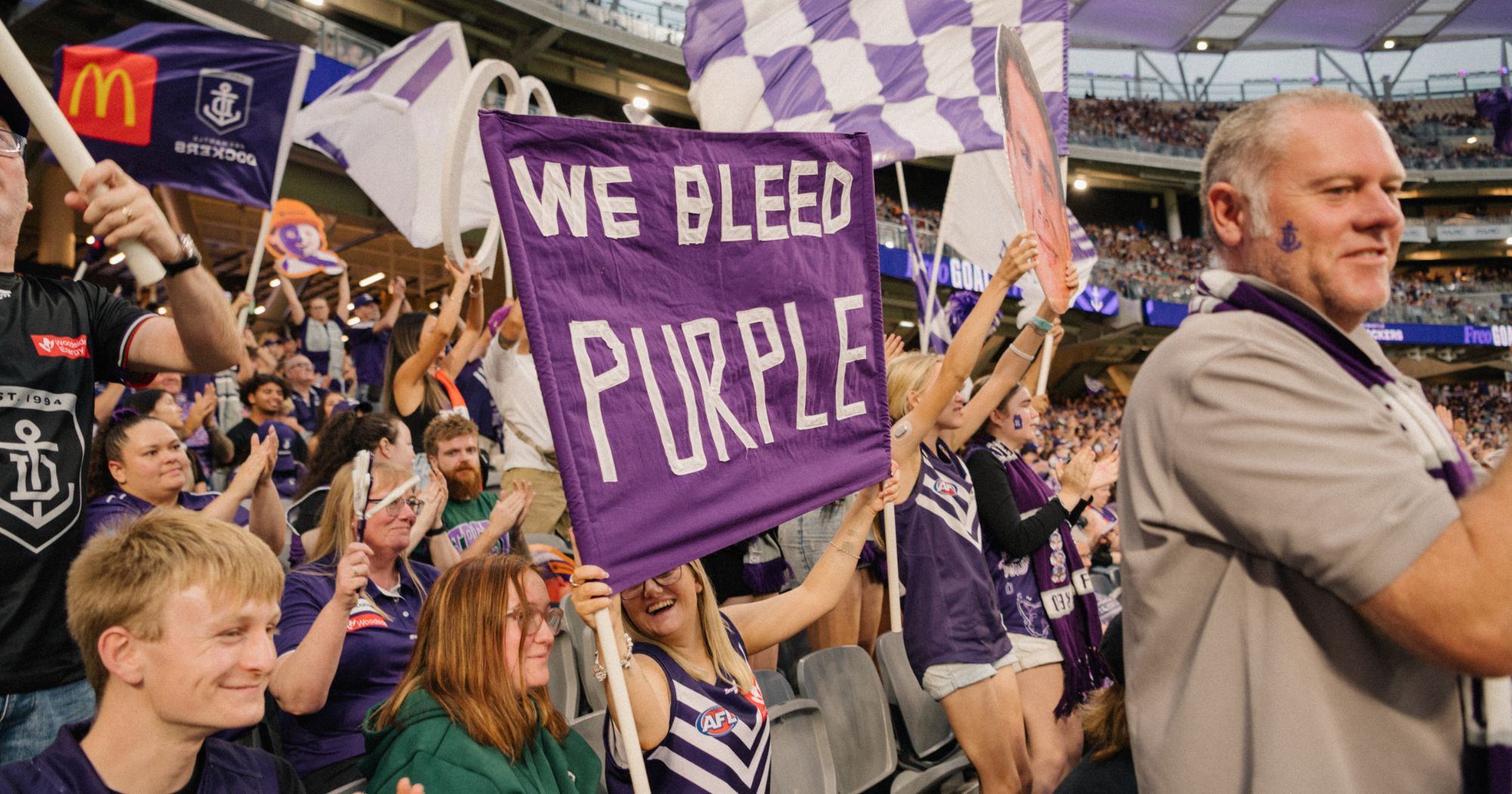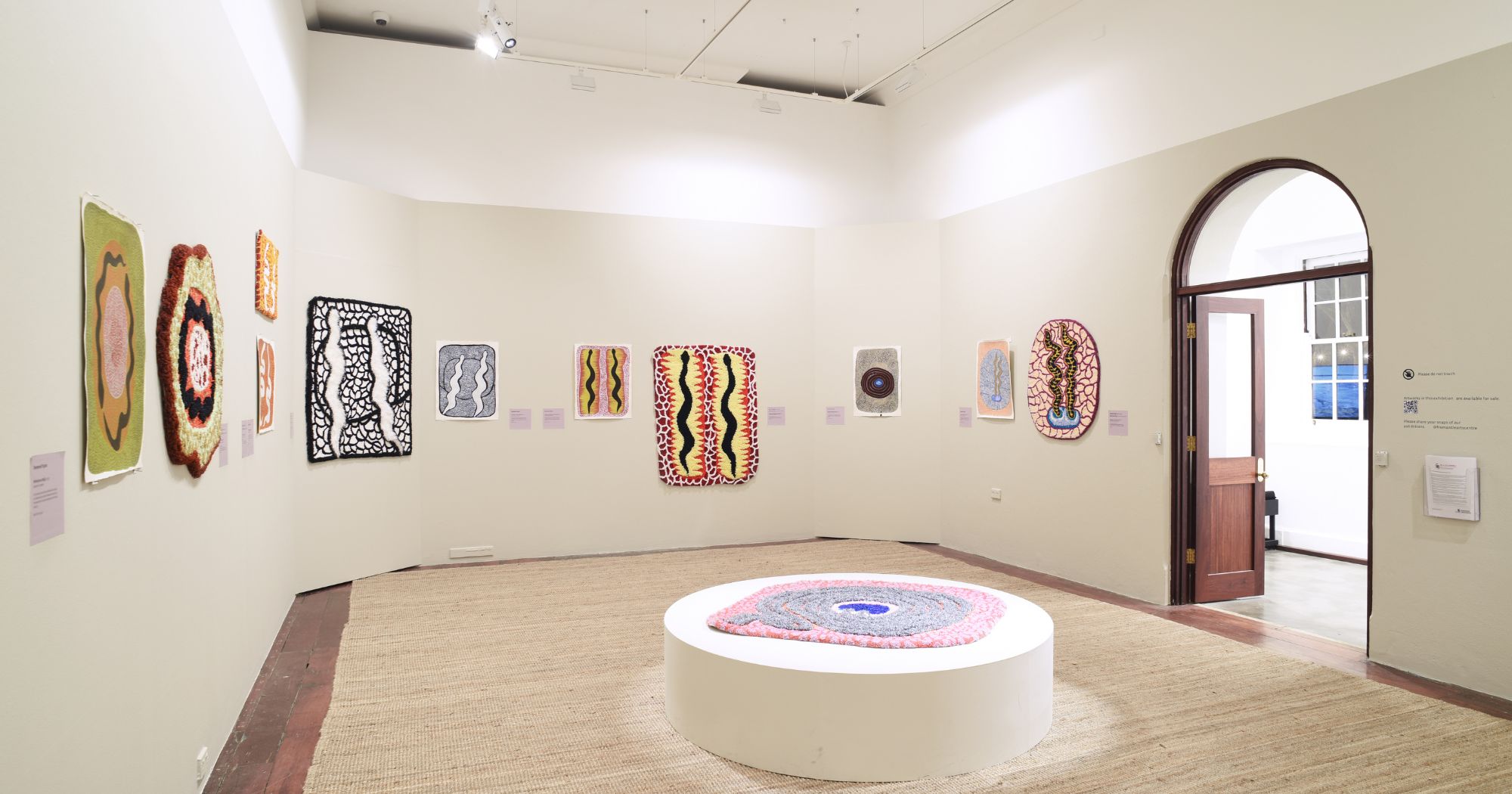Writers block is no longer the worst threat to WA writers, thanks to the growing number of arts funding cuts and restructures posing a real threat to organisations that may be forced to shut shop unless alternate funding is found. And quickly.

This was the subject of a special meeting called on Monday morning by Writing WA, (the peak body for the State’s writing community). More than 30 representatives from Perth’s literary organisations turned out to voice their disappointment after not receiving a cent of the Department of Culture and the Arts’ (DCA) new model funding grant, Organisations Investment Program (OPI).
The 35 WA arts organisations to receive a share in the $29 million three year funding period were announced in a media statement released by the Department on 23 November. Culture and Arts Minister John Day said ‘The 35 organisations represent the depth and diversity of the State’s arts and cultural sector.’ He went on to say ‘The organisations would create, develop and deliver activities in visual arts, dance, music and theatre.’
But what about literature, Mr Day? Haven’t you forgotten about the WA writing sector?
Out of 76 submissions received by the DCA, nine or more were from the writing and literary sector. Only two of these organisations were successful in gaining a small slice of the pie, although it should be noted that both of these were publishing houses, which serve quite a different purpose to the writing and State literary centres.
And lets be clear, nobody resents any of the other organisations who successfully secured the three years of funding, however the feeling that the writing community has been shut out and unrepresented in the mix is poignant.
At the special meeting held at the State Library of WA, Mr Peter Bibby (former president of the Fellowship of Australian Writers WA ) aired his views on the disproportionate allocation of monies between each arts sector. He suggested that perhaps a fairer system might be to allocate an amount to each of the specific art forms (i.e.: theatre, music, dance, visual arts, literature etc..) and divvy it up among them, so at least all sectors are represented.
The blow to the WA writing community will have a significant effect on the predominantly volunteer-run, non-for-profit organisations, many of whom rely on annual funding from DCA to deliver their programs. It is no exaggeration that this could spell the end for some, if not all of these community centres. Some of which also hold great historical significance to the State and generate employment for WA writers who deliver workshops and courses for them. Youth and residency programs provided by these organisations will take a hit, with a knock on effect to homeschoolers and interstate writers who come across to take up the writers-in-residency programs in WA.
While the suggestion of applying for alternative grants is an option, these small centres, do not have the time or the manpower to put in the hours of administration required to complete these mammoth tasks. Putting together a grant application takes time. Time that is needed to run the daily operations of the centres. It’s not a job you can do in a day or delegate out to a willing volunteer.
One of the key points that came out of Monday’s meeting was the ambiguous application form required for the OIP and the hours (one organisation citing up to 300 hours) it took to complete. It was clear from the wording on the application form that it is geared towards performance based and visual arts venues, organisations that could clearly identify audience expectations and visitor numbers. Ones that look edgy and contemporary in glossy programs. Writing it would appear, is not quite sexy enough these days.
To rub even further salt into the wounds, the letters received from the DCA announcing the unsuccessful status of the grant applications, used wording that was downright offensive to the people who stressed and sweated over completing them. Words like ‘too aspirational’, ‘unambitious’, ‘risk adverse’ and ‘not grassroots enough’. As if cutting the funding wasn’t a hard enough punch, they had to call them names too?
Of the organisations that contacted the DCA for further feedback on their funding decline, none have had a response as yet.
So where to now for the WA writing community? Writing WA will take the comments from the meeting to the Director General of the DCA, expressing the flawed nature of the application process and the disconnect between the writing sector and all other arts sectors.
A legal representative in the meeting, outlined legislation that could be used to take legal action against the decisions of the DCA, however it was felt this was not an avenue anybody wished to pursue at this stage. Most representatives in the room were smart enough to know that getting on the wrong side of a government department may have adverse consequences and put any future funding in jeopardy.
The DCA will however be asked to review their application process, along with the results of this last round and the views of those that feel left out in the cold will be expressed.
Until such time that this meeting is held, the writing community will be doing all it can to rally support for the industry and do its best to keep the centres operating for the greater good of writers, poets and readers alike. Without writers, there are no books, plays, songs, poems, blogs, news feeds or even video game storylines. So get behind your local writers and writers centres and show them some love. Heaven knows they need it right now.
If you do not breathe through writing, if you do not cry out in writing, or sing in writing, then don’t write, because our culture has no use for it. Anaïs Nin
Disclaimer: Tabetha Beggs is the Chairwoman for one of the Writers Centres who were not successful in receiving DCA funding.













